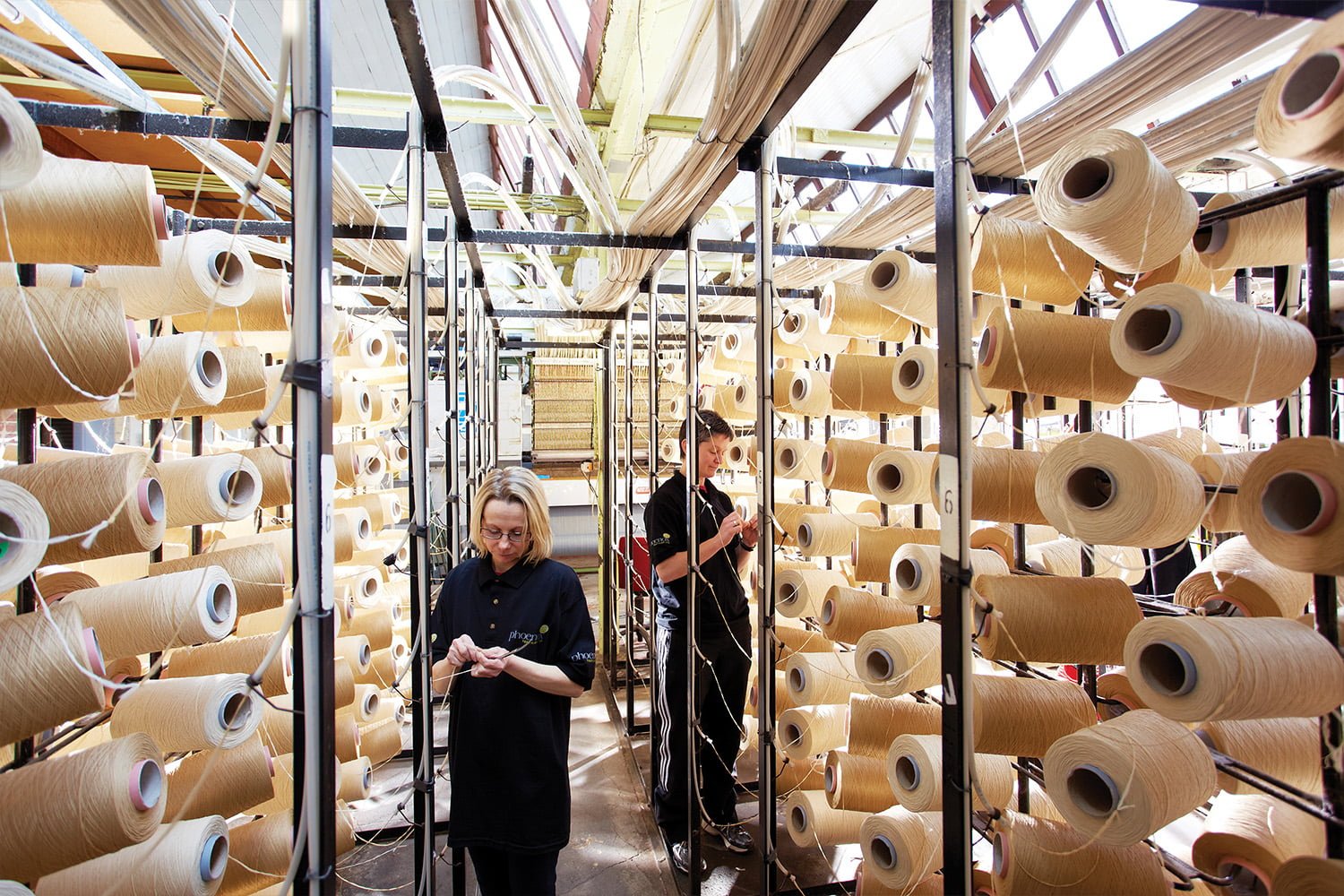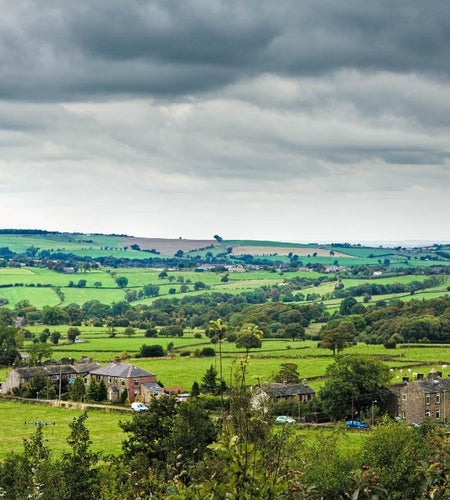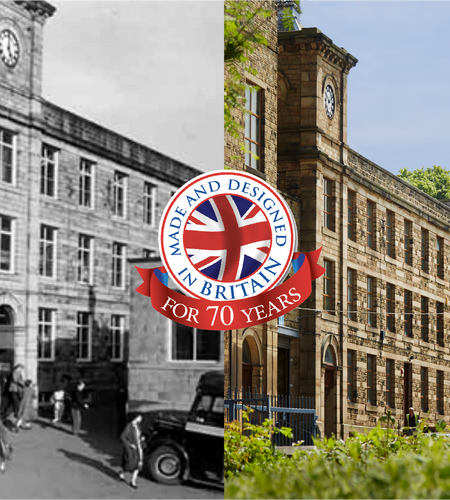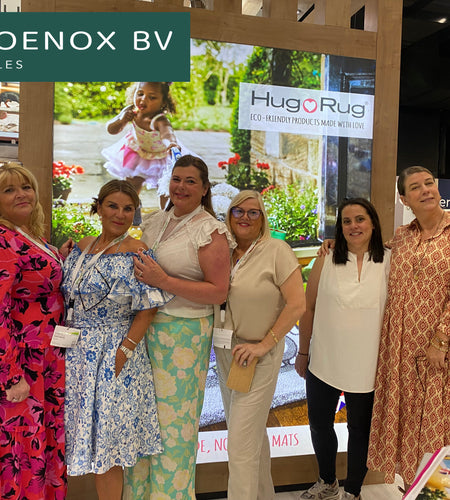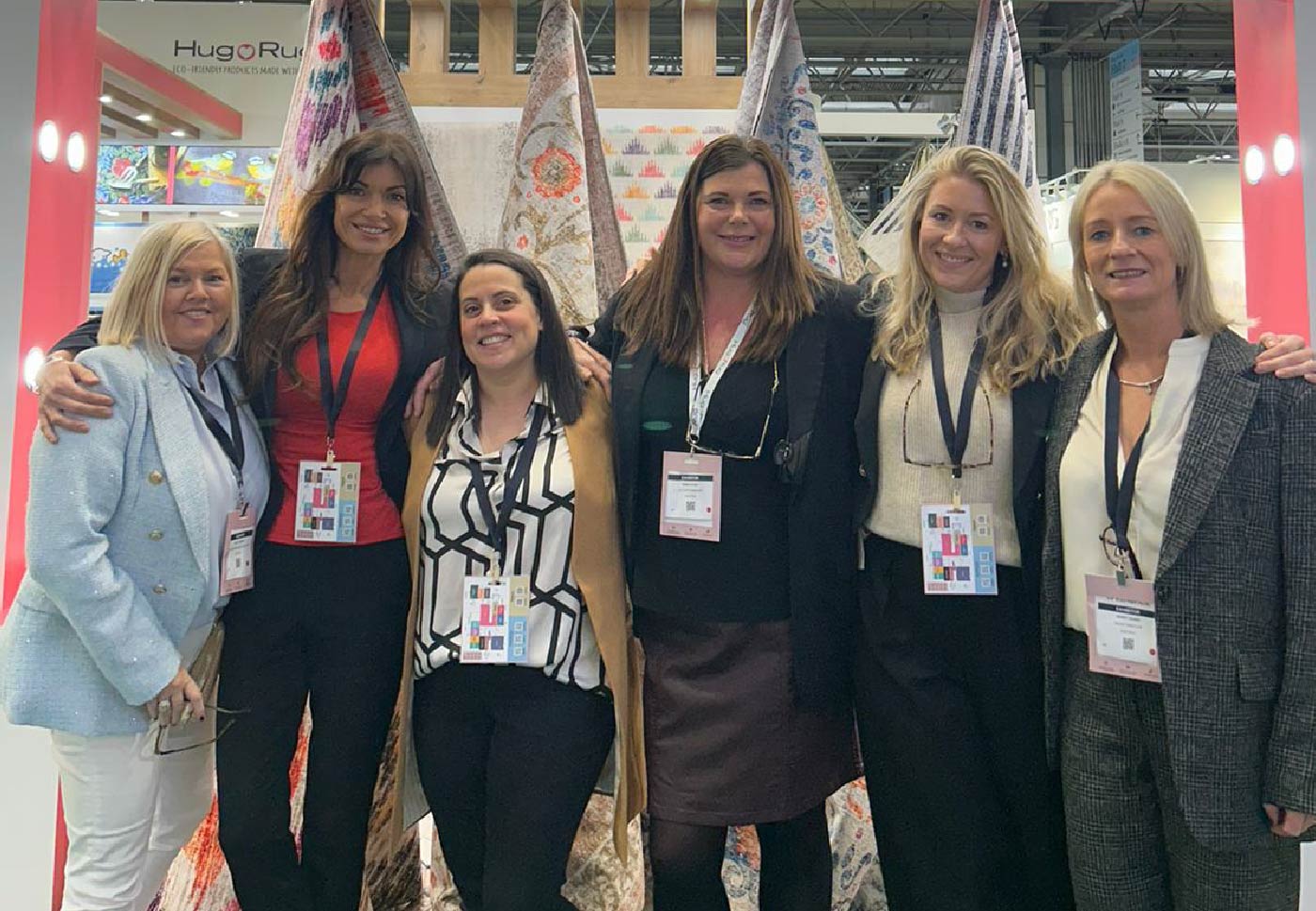The UK textile industry has a rich history dating back to the 18th century, and it continues to be a significant contributor to the country's economy today. Despite facing intense competition from low-cost manufacturing countries, the UK textile industry has remained resilient, leveraging its strengths in innovation and creativity to produce high-quality British-made products.
According to a report by the Confederation of British Industry (CBI), the UK textile and apparel industry employs over 100,000 people and generates a turnover of over £9 billion. The sector is made up of a diverse range of companies, from small artisanal makers to large-scale manufacturers, with a strong focus on sustainability and ethical practices.
One of the strengths of the UK textile industry is its commitment to innovation and creativity. As Simon Cotton, Chief Executive of Johnstons of Elgin, a luxury textile company based in Scotland, notes: "The UK textile industry is renowned for its innovation and creativity, which are vital to staying ahead of the competition."
This commitment to innovation is reflected in the industry's investment in research and development. According to a report by PwC, the UK textile industry invested over £70 million in R&D in 2019, focusing on areas such as sustainability, digitalization, and automation. This investment has helped the industry to develop new and innovative products that meet the changing needs of consumers.
Another strength of the UK textile industry is its focus on sustainability and ethical practices. As Robert Antoshak, Managing Director of Olah Inc, a global textile consultancy, notes: "The UK textile industry has a strong tradition of ethical production and sustainability, which is becoming increasingly important to consumers."
This focus on sustainability is reflected in the industry's adoption of circular economy principles, such as recycling and upcycling, and its use of sustainable materials, such as organic cotton and recycled polyester. According to a report by Deloitte, the UK textile industry is a leader in sustainable fashion, with over 80% of UK fashion brands having a sustainability strategy in place.
Despite the challenges posed by low-cost manufacturing countries, the UK textile industry has managed to maintain its competitiveness by focusing on high-quality British-made products.
This focus on quality is reflected in the industry's use of traditional techniques and craftsmanship, as well as its adoption of new technologies such as 3D printing and digital printing. According to a report by EY, the UK textile industry has a competitive advantage in producing high-value, low-volume products, such as bespoke suits and luxury textiles.
The UK textile industry has remained strong and competitive despite the challenges posed by low-cost manufacturing countries. Its commitment to innovation, sustainability, and ethical practices, as well as its focus on high-quality British-made products, has helped it to maintain its position as a leader in the global textile industry.
According to a report by the Confederation of British Industry (CBI), the UK textile and apparel industry employs over 100,000 people and generates a turnover of over £9 billion. The sector is made up of a diverse range of companies, from small artisanal makers to large-scale manufacturers, with a strong focus on sustainability and ethical practices.
One of the strengths of the UK textile industry is its commitment to innovation and creativity. As Simon Cotton, Chief Executive of Johnstons of Elgin, a luxury textile company based in Scotland, notes: "The UK textile industry is renowned for its innovation and creativity, which are vital to staying ahead of the competition."
This commitment to innovation is reflected in the industry's investment in research and development. According to a report by PwC, the UK textile industry invested over £70 million in R&D in 2019, focusing on areas such as sustainability, digitalization, and automation. This investment has helped the industry to develop new and innovative products that meet the changing needs of consumers.
Another strength of the UK textile industry is its focus on sustainability and ethical practices. As Robert Antoshak, Managing Director of Olah Inc, a global textile consultancy, notes: "The UK textile industry has a strong tradition of ethical production and sustainability, which is becoming increasingly important to consumers."
This focus on sustainability is reflected in the industry's adoption of circular economy principles, such as recycling and upcycling, and its use of sustainable materials, such as organic cotton and recycled polyester. According to a report by Deloitte, the UK textile industry is a leader in sustainable fashion, with over 80% of UK fashion brands having a sustainability strategy in place.
Despite the challenges posed by low-cost manufacturing countries, the UK textile industry has managed to maintain its competitiveness by focusing on high-quality British-made products.
This focus on quality is reflected in the industry's use of traditional techniques and craftsmanship, as well as its adoption of new technologies such as 3D printing and digital printing. According to a report by EY, the UK textile industry has a competitive advantage in producing high-value, low-volume products, such as bespoke suits and luxury textiles.
The UK textile industry has remained strong and competitive despite the challenges posed by low-cost manufacturing countries. Its commitment to innovation, sustainability, and ethical practices, as well as its focus on high-quality British-made products, has helped it to maintain its position as a leader in the global textile industry.
